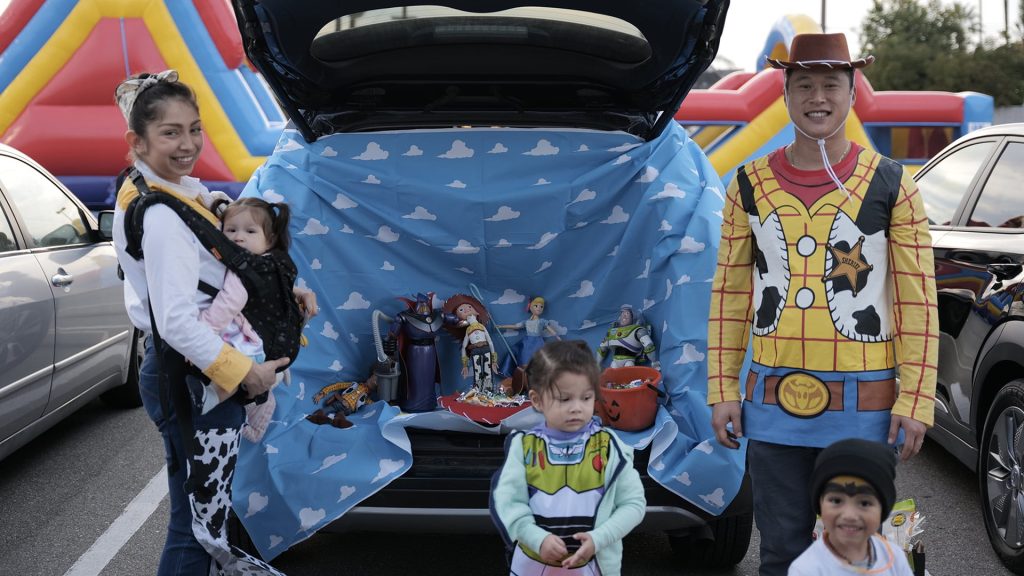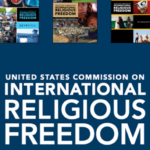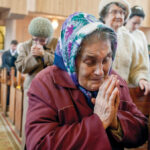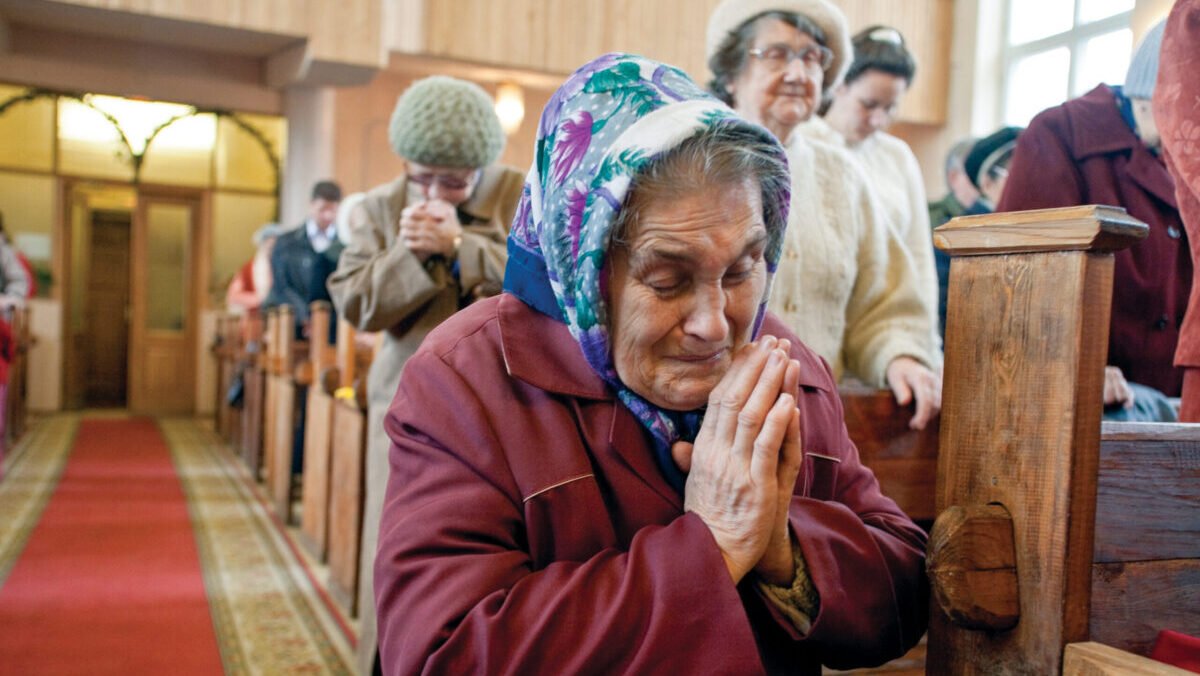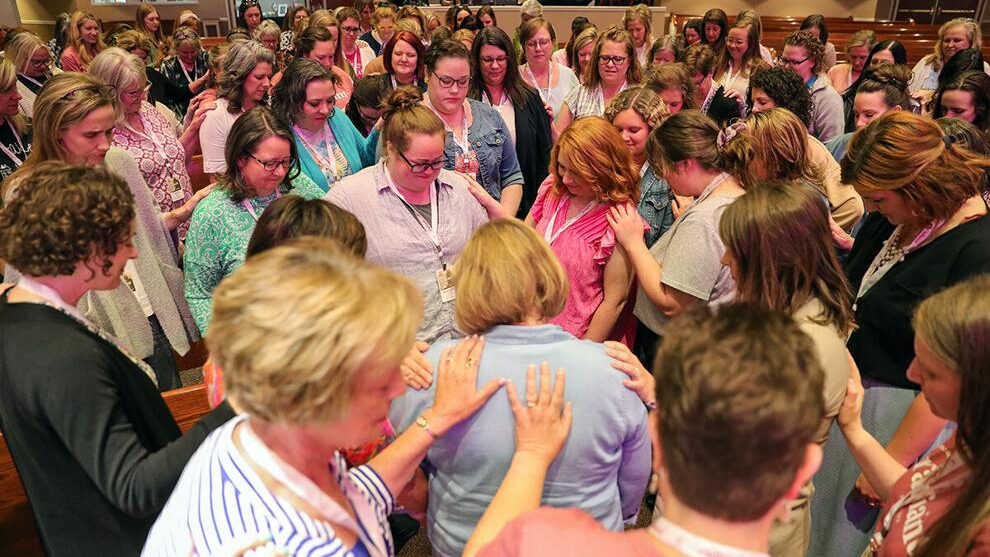California Southern Baptist Convention led one of the Golden State’s largest evangelistic campaigns last year. But the evangelism team didn’t realize it until they started adding up the numbers from a grant program that helps churches share the gospel.
As they counted 1,200 professions of faith in Christ through 2022, they discovered the total number of people hearing gospel presentations through grant-funded events was an eye-popping 90,192. That’s more than the 51,000 who heard the gospel at evangelist Greg Laurie’s 2022 Southern California Harvest Crusade or even the 81,000 who heard the gospel in the Rose Bowl the last night of Billy Graham’s final California crusade in 2004.
“We didn’t intend to count total people to hear the gospel,” noted Jason Blankenship, leader of the CSBC evangelism initiatives team. “But we stumbled on the 90,000 stat and celebrated.”
The grant program was launched several years ago when CSBC rethought its approach to statewide evangelism training. Because it is nearly impossible to have one statewide strategy to reach 40 million California residents, the convention adopted a regional approach. Associations host regional evangelism training events, with attending churches becoming eligible to apply for grants to help fund evangelistic endeavors.
One condition for receiving a grant is reporting detailed statistics to CSBC about the funded event.
Last year, 230 churches were represented at 24 regional evangelism workshops across the state. Of those, 199 received grants, sharing the gospel with an average of 453 people per outreach event.
Big and small
That approach benefits small and large churches alike, said Tito Villegas, pastor of Rise Church Fresno.
The congregation of approximately 100 received a grant this year that helped them share the gospel with 321 people during Holy Week activities. Two were baptized that week, and three made first-time professions of faith in Christ.
“Friends from other denominations and other states are taken back that our state gives out funds for evangelism,” Villegas noted. “If you’re not a large church or a megachurch” it can be difficult to “do events that reach hundreds of people.”
The regional evangelism workshops are key to the grant program’s success, Blankenship said, adding his aim is to help churches find their “evangelistic sweet spot.”
Churches are encouraged to make three lists: community needs, church strengths and the ways the pastor best relates to people. The point at which those three lists converge indicates what type of evangelistic event they should hold, Blankenship explained.
Every church has an evangelistic sweet spot, he noted, illustrating the reality with an example of a church comprising eight senior adult women. If the community had a high percentage of single-parent homes, the congregation could hold a cooking class on how to prepare quick and easy meals, advertise it on Facebook and conclude the class with a cookoff where the church’s pastor shares the gospel.
“Pastors tell their people to witness,” Blankenship said, “but until it becomes a goal and a specific strategy, evangelism is merely aspirational.”
An evangelism grant helped draw 300 to an Easter outreach at First Baptist Church Kernville where six professed faith in Christ. First Baptist averages just over 100 people in weekly worship attendance.
“Pastors really appreciate” the evangelism grants, First Baptist pastor Ben Richey said. “How amazing it is that there are people that are willing to help flow money to smaller churches that don’t necessarily have a lot of money to enable them to do the things God has called them to do?”
Marathon, not a sprint
Blankenship said his goal this year is for 100,000 people to hear the gospel through grant-funded events. A series of smaller training sessions and grants can have a bigger impact than one big statewide conference, he asserted.
“If 25 people attend an evangelism workshop, attendance feels bad,” Blankenship said. “But 200 churches attending 24 workshops had a huge long-term effect. We’re looking at long-term goals. In evangelism, we want to be a marathoner, not a sprinter.”
To read a related story on these grant-funded relief efforts, click here and here.
EDITOR’S NOTE — This story was originally published by California Southern Baptist Convention.

